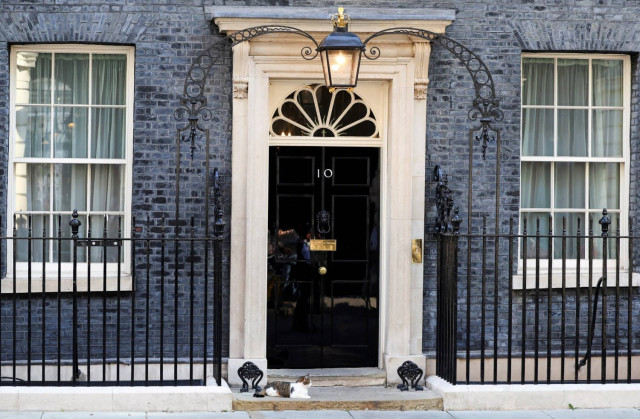In June, Britain's government borrowed significantly more than initially anticipated, as official data released on Friday, underscoring the significant fiscal challenges confronting Prime Minister Keir Starmer's new administration.
Excluding state-controlled banks, public sector net borrowing stood at a higher-than-expected 14.5 billion pounds ($18.75 billion) last month, surpassing the 11.5 billion pounds increase forecasted by economists in a Reuters poll.
Senior Economist Dennis Tatarkov of KPMG UK highlighted the formidable task facing the new government in financing its agenda without exacerbating public finances, given the combination of elevated spending and subdued growth prospects.
New finance minister Rachel Reeves is expected to unveil her inaugural budget following parliament's summer recess, but with limited options for enhancing public services and stimulating investment, as both she and Starmer have ruled out raising income tax, corporation tax, and value-added tax rates.
Reeves has initiated an immediate assessment of the new government's "spending inheritance," prompting speculation from opposition lawmakers about potential tax hikes on capital gains or inheritances.
Deputy Treasury minister Darren Jones emphasized the government's commitment to addressing the challenging economic circumstances inherited from the previous administration, aiming to expedite economic growth and increase tax revenues through pro-growth reforms and a restoration of political stability to attract investment.
The borrowing in June exceeded projections by 2.9 billion pounds according to Britain's budget watchdog, which forms the basis for government tax and spending strategies.




















